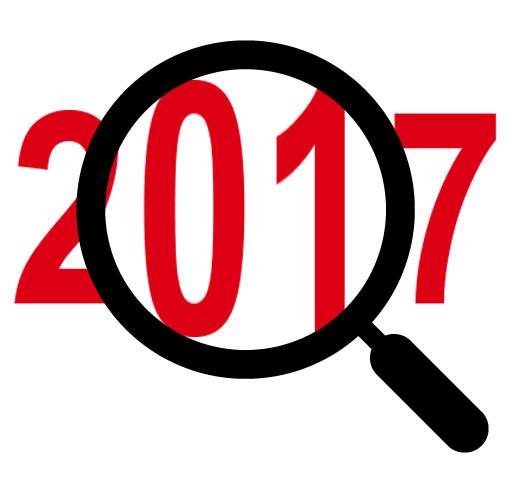Monterey County growers face new water-testing regulations that hope to lessen risk of an E. coli outbreak like the one that hit the more-than-$600 million romaine lettuce industry last year.
It’s Not the Lettuce, It’s the Water: Romaine Recall Sheds Light on Ag Water Quality
Thanksgiving this year was salad-less, thanks to a nation-wide romaine lettuce recall on November 20th. And while many Americans were probably more than happy to have more room on their plates for stuffing and gravy, the E. coli outbreak that prompted the recall was rather dire. The Centers for Disease Control and Prevention (CDC) called on consumers to throw away all romaine lettuce following 32 confirmed cases of E. coli bacteria poisoning in 11 U.S. states and Canada.
Recall attention focused on the produce itself, but throwing the lettuce away was merely a temporary solution to our seemingly ever-present food safety issues. If we wish to prevent foodborne illnesses, the real culprit that must be dealt with is deficient agricultural water quality.
Leaders in the Industry: Babcock Labs Addresses Regulatory Issues
Babcock Labs in the Community
Year in Review: A Look Back on 2017
For many reasons, 2017 appears to have been the year of dichotomy. For example, California began the year flooded and is ending it ablaze. And while there have been moments where it felt like this year would never end, there have been just as many moments that felt as though someone pressed the “fast forward” button. As 2017 winds down and comes to a close, I would like to recap some of the major events of the year, including some of Babcock Labs’ proudest accomplishments.
January
At the beginning of this year the State Water Resources Control Board (State Water Board) released a notice encouraging California schools to work with their local water providers to sample for the presence of lead in their drinking water. With both ELAP and NELAP certification and over 20 years of experience determining ultra-trace amounts of lead in drinking water using EPA methods, Babcock Labs was happy to help assist public water systems asked to participate in this program.
February
The U.S. Food and Drug Administration (FDA) reinforced the importance of water quality testing as a means of foodborne illness prevention, after some produce growers expressed pricing concerns. As of September of this year, the FDA’s proposed rule extends the compliance date for water quality testing to January 26, 2020. While water testing requirements may be new to produce growers, Babcock Labs has provided State-certified microbial water testing services to agricultural clients —big and small, public and private—since 1928. We are certain that our experience and team of knowledgeable and friendly professionals will help relieve some of the burden associated with understanding and complying with the water quality and testing requirements outlined in the FSMA final rule.
March
Babcock Labs was featured in the State Water Board’s Environmental Laboratory Accreditation Program (ELAP) newsletter. The newsletter includes a section called, “Environmental Laboratory Corner,” in which I was quoted providing insight into the Environmental Laboratory Technical Advisory Committee’s (ELTAC) deliberations concerning Fields of Testing (FOTs) within the laboratory accreditation process. This is my second year serving as a voting member of ELTAC, which informs and advises the State’s newly reformed ELAP program.
April
Governor Jerry Brown declared California’s drought-induced state of emergency over for the majority of the State. It is difficult to recall the record rains of last winter that lead to this decision, as California has yet to receive any substantial rain this winter, resulting in massive fires ravaging our local communities as we speak. Fortunately, local water agencies have a long-term water conservation framework in place that should help defend against the water supply consequences of another (almost certain) drought.
May
Babcock Labs held its 4th semi-annual Drinking Water Workshop (DWW). Attendees of this workshop receive a short-course seminar on proper sampling techniques, safety and sample documentation, and analytical method information, in addition to interactive sampling training. We always have excellent attendance at our DWW events, which demonstrates to us how valuable this information is to water industry professionals. If you are interested in attending our Drinking Water Workshop, fill out the “DWW Interest Form” on our website to receive information about the next available workshop.
June
Babcock Labs was fully approved by the EPA for all UCMR 4 analyses! This marked the fourth time that Babcock Labs has received EPA approval, as we have participated in the Program since its inception over 15 years ago.
July
The State Water Board announced a free 6-month membership to The NELAC Institute (TNI) for all California laboratories. This opportunity was given in response to the final recommendations for ELAP provided by the ELAP Expert Review Panel in its Year 2 Final Report. Babcock Labs actively supported many of the recommendations made in the final report, including the unmodified adoption of The NELAC Institute (TNI) 2016 Standard, a phasing implementation process, and third-party assessments.
August
Babcock Labs was well represented at this year’s National Environmental Monitoring Conference (NEMC). Both our Senior Chemist, David Schiessel, and our Corporate Communications Director, Alexandra Chrystal, gave presentations at this year’s meeting, which took place in Washington, D.C. Mr. Schiessel contributed two oral presentations and one poster presentation on his innovative research and method development concerning the analysis of perfluorinated compounds (PFCs—also known as PFAS). Ms. Chrystal gave an oral presentation on effectively communicating scientific information, the theme of the 2017 conference. This was Mr. Schiessel’s second and Ms. Chrystal’s third year in a row giving presentations at NEMC, respectively. In addition to Mr. Schiessel and Ms. Chrystal, Babcock Labs’ Vice President and Laboratory Technical Director, Brad Meadows, was in attendance.
September
Babcock Labs held its first UCMR 4 Workshop. The Workshop includes a short course seminar on UCMR 4 methods, analyses, and special requirements, in addition to the responsibilities of public water systems (PWSs). Attendees also learn about proper sampling, review real life case studies, and receive one-on-one scheduling assistance to address their respective UCMR 4 needs.
October
Babcock Labs celebrated being employee-owned by participating in ESOP Month, which is observed each October. The purpose of ESOP Month is to engage and educate employees in their company ownership. As an ESOP, employees have stock in the company which in turn gives our staff greater incentive to provide our clients with exceptional analytical testing services. Essentially, by investing in the quality of the work we provide, each of us here at Babcock Labs is investing in our future and the futures of our fellow coworkers. It’s a win for our clients and it’s a win for our team. Additionally, it’s a win for our community because employee ownership and our ability to stay independent from multi-national network labs keeps revenue local, as our business and employees invest their earnings back into the local economy.
November
The EPA awarded Babcock Labs its UCMR 4 Small Systems contract! As a contractor to the EPA, Babcock Labs will conduct UCMR 4 water quality testing for up to 800 community water systems and non-transient, non-community water systems serving between 25 – 10,000 people (i.e., small systems) across the nation. As I mentioned in the press release, the award of this contract is a testament to the water industry's trust and confidence in Babcock Labs.
Additionally, Babcock Labs embraced the season of giving and contributed to United Way of the Inland Valleys with a month-long fundraising campaign. We are very proud of our staff for raising almost $4,000, which will support various non-profits in our local communities. Babcock Labs has a rich history of educational and social program contributions, as well as industry contributions. Since our establishment in 1906, our staff have volunteered their personal time, resources, and expertise for the betterment of the community. Our commitment to educational and social programs within the Inland Empire is not just part of our history; it is a core component of our corporate values.
December
Babcock Laboratories was named a Top Workplace in the Inland Empire! The Press Enterprise announced the 2017 Top Workplaces in the Inland Empire and Babcock Labs was ranked as a Top Workplace in the small business category. The bestowing of this award is a true testament to our culture of reliability, responsiveness, and relationships. Our employee owners have made and continue to make Babcock Labs a wonderful place to work. It is a privilege to be a 2017 Top Workplace–what an excellent end to the year!
As always, I would like to close out the year with gratitude. Thank you to our clients who rely on us to meet their unique testing service needs. We truly value your business. Thank you to our vendors who support us in our mission to safeguard public health and the environment. We truly value your services. And last, but certainly not least, thank you to our Babcock team—our family of employee owners who consistently deliver analytical expertise. I truly value your talent, professionalism, and teamwork. I wish you all a successful and prosperous New Year!


